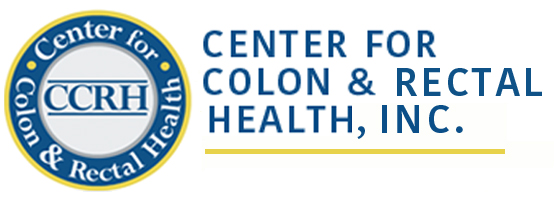Anal cancer is different from colon and rectal cancer. It usually is a cell type called squamous cell carcinoma. It can arise spontaneously or in association with the human papillomavirus (HPV). Symptoms may include increased straining during a bowel movement or thinner stools, rectal or anal bleeding, a lump or mass at the rectal opening, persistent or recurring pain or itching in the rectal area, discharge or drainage (mucous or pus) from the rectum, or swollen lymph nodes (glands) in the anal or groin areas.
Anal cancer is usually found on examination because of the presence of symptoms, but may be found in yearly routine women’s health exams, physical exams for prostate cancer or on screening tests such as colonoscopy. If an abnormal area is identified, a biopsy will be performed to determine the diagnosis. If the diagnosis of anal cancer is confirmed, additional imaging tests may be recommended to determine the extent of the cancer.
Many patients with anal cancer can be diagnosed and treated at an early stage. At the Center for Colon & Rectal Health, we utilize state-of-the-art staging techniques to get you started on treatment as quickly as possible. After treatment, we closely follow all of our patients with frequent exams and specialized evaluation tools to make sure there is no recurrence of the anal cancer. In addition, this close follow up will allow early detection of any local recurrence at a stage that may still be curable.
Occasionally, a very small or early stage cancer may be removed surgically without the need for further treatment. The standard for more advanced stages are a combination of chemotherapy and radiation, with a very high chance for cure. At times, more major surgery to remove the anal cancer is needed, and this may require the creation of a colostomy. This is more likely for recurrent disease.
Anal discomfort and symptoms can also be caused by other conditions, such as hemorrhoids. You should always consult with the specialized physicians at the Center for Colon & Rectal Health if you have any of these symptoms or if you have questions about discomfort or painful symptoms in the anal area. For your convenience, an online appointment request form may be found by clicking on “Request an Appointment” at the top right portion of this page. The CCRH medical staff will receive your request for an appointment and will contact you.
The caring CCRH medical staff and physicians at the Center for Colon & Rectal Health are available to answer any questions and will discuss all treatment options for your condition. In most cases, anal cancer is curable with early detection and treatment.
More Information
Our goal is to provide you with a safe and comfortable environment. Every patient is different. We strive to offer you the most accurate and effective treatment options.
Please contact Bucks County’s premier colorectal group to schedule an appointment and to learn more.
St. Mary Medical Center
St. Clare Medical Building, Suite 130
1203 Langhorne-Newtown Road
Langhorne, PA 19047
215-741-4910


